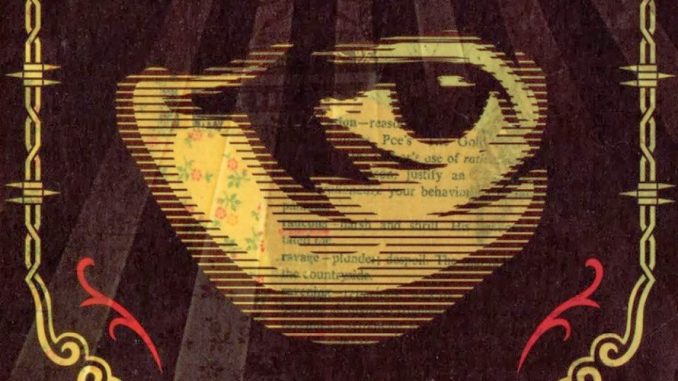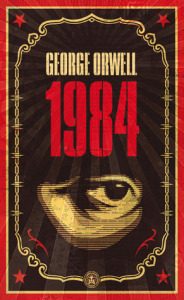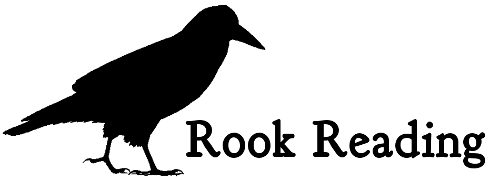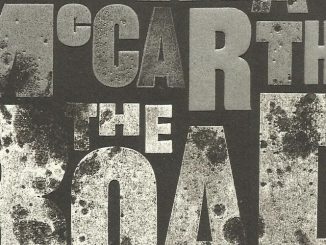

In a totalitarian society ruled by a repressive government, Winston Smith rebels against the oppressive regime by secretly questioning its control and seeking personal freedom. As he navigates a world of surveillance and manipulation, he becomes entangled in a dangerous pursuit of truth and individuality.
Author: George Orwell
Project: dystopia – technology / government
Year of publication: 1949
Pages: 326
Complexity
CEFR: B2/C1
Plot Complexity: moderate
Language Complexity: high
Ideas Complexity: high
In George Orwell’s 1984, the language used is skillfully crafted, incorporating advanced vocabulary and nuanced sentence structures to convey the story’s depth. The novel explores profound ideas such as totalitarianism, surveillance, and the manipulation of truth, encouraging readers to contemplate their implications. The plot unfolds with a captivating balance between mystery and clarity, following the protagonist’s journey in a dystopian society. The combination of intricate language, thought-provoking ideas, and engaging plot makes 1984 an intellectually stimulating read.
Blurb
Winston Smith works for the Ministry of truth in London, chief city of Airstrip One. Big Brother stares out from every poster, the Thought Police uncover every act of betrayal. When Winston finds love with Julia, he discovers that life does not have to be dull and deadening, and awakens to new possibilities. Despite the police helicopters that hover and circle overhead, Winston and Julia begin to question the Party; they are drawn towards conspiracy. Yet Big Brother will not tolerate dissent – even in the mind. For those with original thoughts they invented Room 101 . . .
YouTube Review
(Video removed? Please notify me at video@rookreading.com)






Be the first to comment